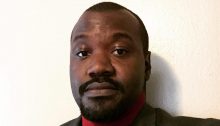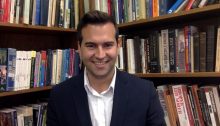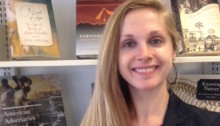Don’t Read the Comments
Between midterms and various essays, I’ve been doing a lot of grading over the past month. By “a lot,” I mean enough to make banging my head against a brick wall seem like a not so bad way to unwind by comparison. (Someone remind me to never again turn down the offer of having my…










